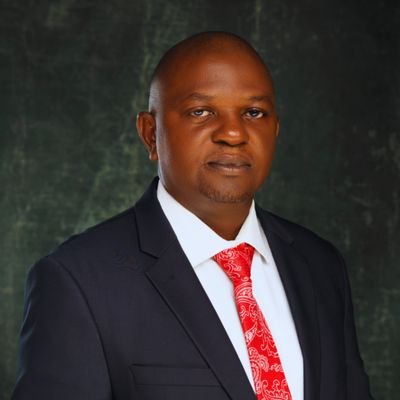Lagos launches digital malaria eradication programme, records 900,000 cases annually
Lagos State has launched a digital malaria eradication programme as part of efforts to combat the disease, which continues to affect hundreds of thousands of residents annually.
Governor Babajide Sanwo-Olu unveiled the initiative, known as the Pathway to Malaria Pre-Elimination and Digitisation Programme on Tuesday in Lagos.
The programme, supported by the World Bank, the World Health Organisation (WHO), Maisha Meds, and other multilateral partners, aims to enhance malaria diagnosis, treatment, and tracking through digital innovations.
Despite recording significant progress in reducing malaria prevalence, the state still reports approximately 900,000 cases each year, according to the Lagos State Commissioner for Health, Akin Abayomi.
Speaking at the launch of the digital initiative, Mr Abayomi emphasised that the programme is a crucial step towards reducing malaria prevalence to below one per cent marking a significant leap towards disease eradication in Lagos.
In his remarks, Mr Sanwo-Olu described malaria as a socio-economic burden that drains household incomes, affects productivity, and impacts education outcomes.
He noted that while Lagos had the lowest malaria burden in Nigeria, the disease still posed a significant public health challenge.
“For many households with modest incomes in Lagos, malaria treatment can consume up to three per cent of monthly earnings,” he said “This financial strain often forces families to make heartbreaking choices between healthcare and other basic needs like food or education.”
He added that “the economic impact extends beyond households, with businesses suffering absenteeism, schools recording lower attendance and our healthcare system bearing the weight of preventable cases.”
The governor explained that the digital malaria eradication programme would introduce real-time tracking of malaria cases, improve access to treatment through health insurance schemes, and strengthen public-private partnerships in tackling the disease.
According to Mr Abayomi, Lagos has made significant strides in reducing malaria prevalence “over the last 15 years,” due to improved diagnosis, immunisation and effective treatments.
He revealed that the state’s malaria prevalence rate had declined from 15 per cent in 2010 to 2.6 per cent in 2025, placing Lagos in the low transmission category.
“Despite this, malaria remains a major public health issue in Lagos with around 900,000 cases recorded per annum. Over 50 per cent of outpatient visits in public health facilities are due to febrile illnesses presumed to be malaria,” he stated.
In his comments, the Minister of State for Health, Isiak Salako, observed that Lagos had the most comprehensive implementation strategy to roll back malaria, noting that the State had shown the tendency to achieve total elimination.
Mr Salako assured that the recent changes in US global health funding would not negatively impact Nigeria’s progress in malaria eradication.
He also reaffirmed the federal government’s support for states working to reduce malaria transmission.
According to a statement to PREMIUM TIMES, signed by the Special Adviser on Media and Publicity to the Governor, Gboyega Akosile, Lagos became the first state to transition to the digitised system of malaria prevention.
READ ALSO: Rivers issues notice for fresh local election as pro-Wike lawmakers plot against Fubara
Mr Akosile noted that the initiative comes as the World Bank-funded Immunisation Plus and Malaria Progress by Accelerating Coverage and Transforming Services (IMPACT) project, which has supported malaria prevention efforts in Lagos and 27 other states, concludes in December 2025.
To sustain the progress achieved, the state government is expanding partnerships with private sector stakeholders, donor agencies, and healthcare providers.
Mr Sanwo-Olu in his comments further emphasised the need for collective action in eliminating malaria, urging residents to adopt preventive measures such as using insecticide-treated nets, improving environmental sanitation, and seeking early medical attention for malaria symptoms.
“This vision is ambitious but achievable. It requires all stakeholders to work together with unwavering resolve. Success will not come overnight, but with sustained effort and collective action, we will prevail. This effort reaffirms our commitment to safeguarding the lives and livelihoods of every Lagosian,” Mr Sanwo-Olu said.









